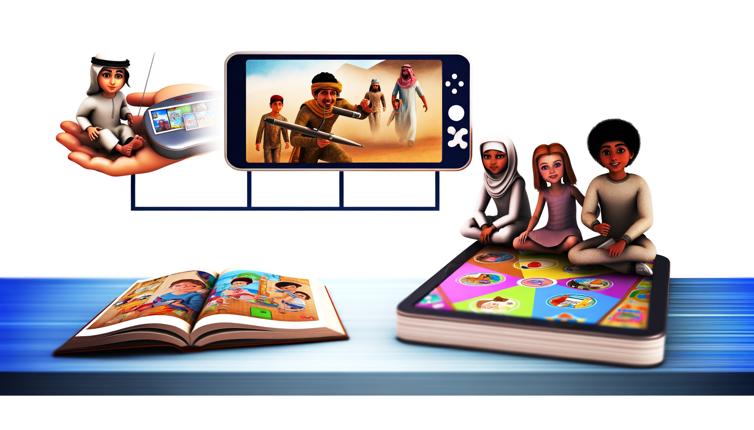Understanding Children's Passions
Children are naturally curious and have unique interests and passions.,Allowing children to choose the games they play can help unlock their passions and tap into their natural curiosity.,By observing a child's preferences and interests in games, parents and educators can gain valuable insights into their passions and strengths.,When children are given the freedom to explore their interests through game selection, they are more likely to develop a deep and lasting passion for a particular subject or activity.
The Benefits of Game Selection
Game selection allows children to take ownership of their learning process and follow their interests.,By choosing games that align with their passions, children are more motivated to engage in learning activities and develop important skills.,Game selection also allows children to explore different areas of interest and try new things, expanding their knowledge and horizons.,Through game selection, children learn important decision-making skills and become more independent learners.
Finding the Right Balance
While game selection is important, it is essential to find the right balance between freedom and guidance.,Parents and educators should provide a variety of game options that align with a child's interests, while also introducing new and diverse experiences.,Open communication and collaboration between parents, educators, and children can help ensure that game selections are age-appropriate and align with educational goals.,Regularly reassessing and evaluating game choices can help identify new passions and adjust learning strategies accordingly.
Conclusion
In conclusion, game selection is a powerful tool for unlocking children's passions and interests. By allowing children to choose their games, parents and educators can tap into their natural curiosity and empower them to pursue their interests. Through game selection, children develop important skills, explore different areas of interest, and become independent learners. It is important to find the right balance between freedom and guidance to ensure that game selections align with educational goals. By harnessing the power of choice, we can unlock the full potential of children's passions and fuel their love for learning.









